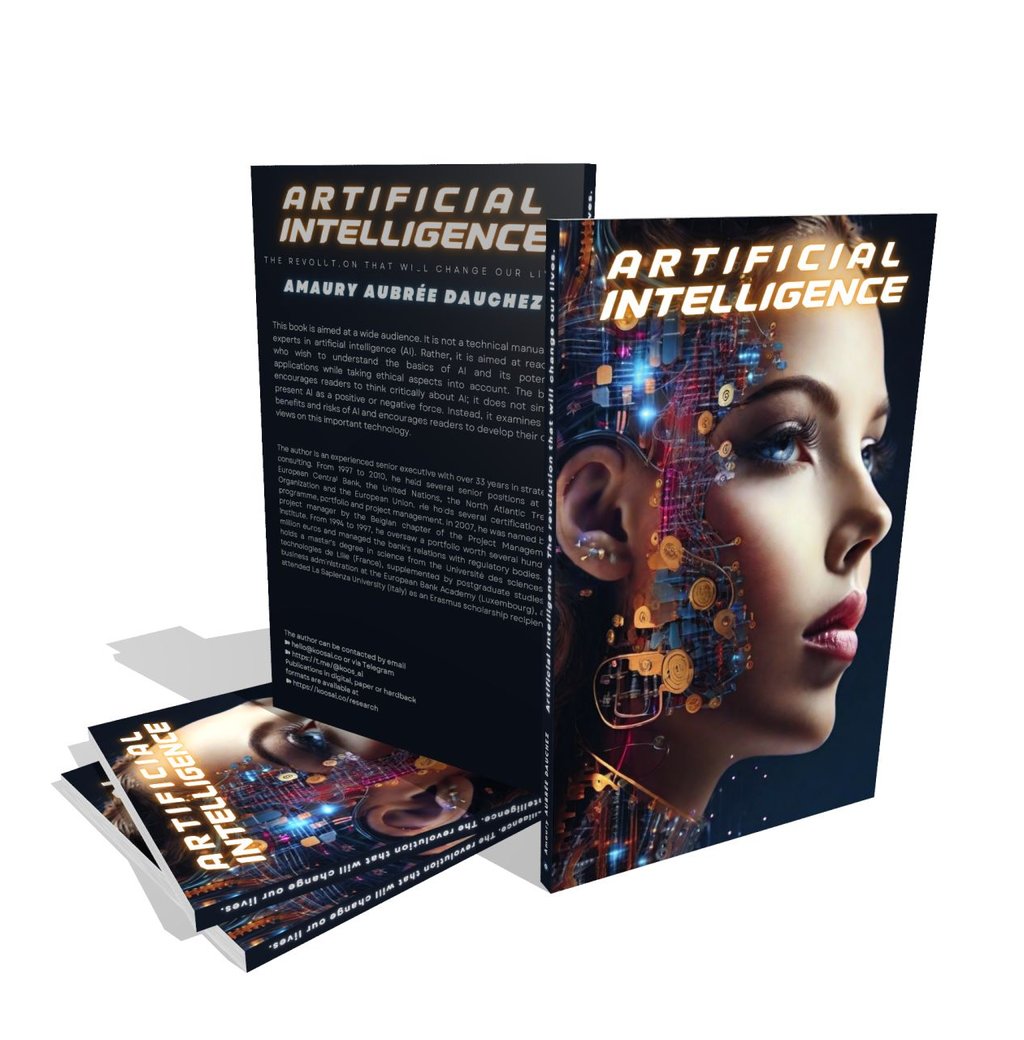Get Your Copy of "A.I. The revolution that will change our lives" Now! (Link to book: koosai.co/research)
Unmasking AI's Dual Nature: Humanists vs. Machiavellians
The AI revolution is accelerating, and with it comes a critical need for clarity on the forces shaping our future. My book "Artificial Intelligence. The Revolution That Will Change Our Lives.", published in 2023 and released in early 2024, delves deep into this.
TECHNOLOGYLAWBUSINESSPUBLISHINGSOCIETY
9/9/20251 min read


I categorize key influencers and organizations into two "ideal types" (à la Max Weber): Humanists and Machiavellians. This framework helps unmask potential biases shaped by personal experiences, culture, and financial accountability.
Machiavellians prioritize growth, profitability, and influence. They often see AI as a powerful tool for profound societal transformation, sometimes with a pragmatic and even amoral approach. This group is often linked to transhumanism, advocating for technology to enhance human capabilities and extend life indefinitely. Prominent figures discussed in the book include Sam Altman (OpenAI), Marc Andreessen, Yuval Harari, Laurent Alexandre (founder of Doctissimo), and Eric Weinstein (co-founder of Heterodox Academy, former Thiel Capital). For a re-edition, I would add Yann LeCun (Meta AI's chief AI scientist) to this group, given his emphasis on the physical world beyond language models.
In contrast, Humanists focus on a truly human-centered and multipolar AI, where different moral values can coexist. They might resign from positions or actively campaign for a freeze on AI deployment. Key figures include Geoffrey Hinton (pioneer of deep learning who resigned from Google in May 2023 due to AI dangers), Mo Gawdat (former Google-X executive, pursuing human happiness), Emad Mostaque (founder of Stability AI, advocating open-source AI), and Bret Weinstein (evolutionary biologist concerned about AI's dangers). For an update, I would include Dr. Roman Yampolskiy, a computer scientist who has expressed strong concerns about making super-intelligence safe.
A fascinating insight: since 2022, I've observed a striking "cognitive dissonance" as the language used by those associated with the Machiavellian group has become remarkably similar to that of the Humanists, leading to confusion for the average person.
Which philosophy do you believe is currently dominating the AI narrative, and how important do you find this distinction in navigating the future of AI?
Disrupt sensibly.
Leveraging expertise in innovation and digital transformation globally.
© 2025. All rights reserved. Swiss Made 🇨🇭


